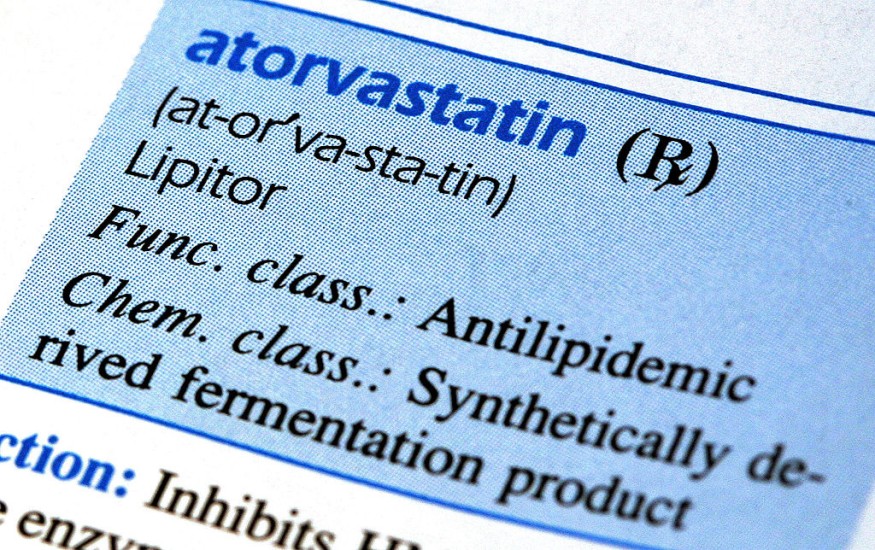Bad cholesterol or having high cholesterol have been associated with poor health, including cardiovascular diseases, such as heart attack, heart disease, or stroke.
However, a new study shows the connection between high cholesterol and poor health, including heart attack, is not that concrete.
Based on the new study's research, scientists reviewed and reassessed the significance of the current widespread usage and dissemination of the statin drug for patients in the healthcare and pharmaceutical industries.
The study described the long-held notion that statin is capable of lowering cholesterol and eventually decreasing cardiovascular disease as not accurate.
The study's researchers recommended that their new discovery be discussed with individual patients prior to taking the drug.
Statin Drug and Bad Cholesterol

In a new study published in the journal JAMA Internal Medicine on Monday, March 14, researchers reviewed the statin drug as a form of medical treatment against low-density lipoprotein (LDL) cholesterol of patients.
LDL cholesterol or LDL-C is often called the "bad" cholesterol.
The study's research was based on questioning the efficacy of statins on lowering bad cholesterol and allegedly leading to decreasing the risk of cardiovascular disease, including heart attack, coronary heart disease, and other health complications related to the heart and blood vessels.
The study found the widespread usage and medication of statins to lower LDL cholesterol have no significant impact in decreasing the risk of cardiovascular disease among patients.
Furthermore, the study added that personal risk factors, including overall health and lifestyle choices, are still likely the basis.
The study was conducted by scientists from the Medicine and Health Sciences of the Royal College of Surgeons in Ireland (RCSI), where they debunked the long-held practice of lowering one's cholesterol using the statin drug is inconsistent and needs to be communicated with individual patients.
RCSI also had its collaborators from the University of New Mexico in the United States, the Institute for Scientific Freedom in Denmark, Bond University in Australia, and independent researcher Dr. Kirsty O'Brien.
LDL Cholesterol vs. HDL Cholesterol
According to the Centers for Disease Control and Prevention (CDC), there are two types of cholesterol levels: the previously mentioned LDL cholesterol and the high-density lipoprotein (HDL) cholesterol.
Long-held attributions between LDL cholesterol and HDL cholesterol levels have been known that bad cholesterol raises the risk of heart disease and stroke, while good cholesterol lowers the risk of cardiovascular disease.
Furthermore, the CDC explains LDL cholesterol is prevalent inside the body, while the fewer HDL cholesterol absorbs cholesterol and transfers it back to the liver.
However, the new study suggested that the correlation between high cholesterol and poor health is not as strong as we previously thought.
This shows that the blurred connection needs further research, including on the effects of statins.
In addition, determining the underlying factors and mechanisms between high cholesterol and heart disease can be used to improve future medical treatment.
According to the World Health Organization (WHO), cardiovascular disease is the leading cause of death worldwide, with an estimated 17.9 million deaths every year.
The WHO further defines the disease as a set of disorders in the blood vessels and the heart.
© 2025 NatureWorldNews.com All rights reserved. Do not reproduce without permission.





